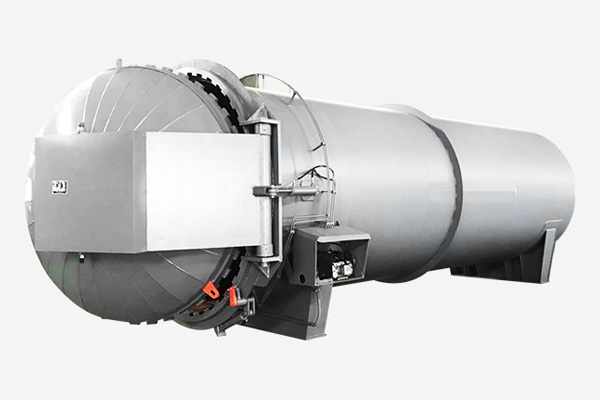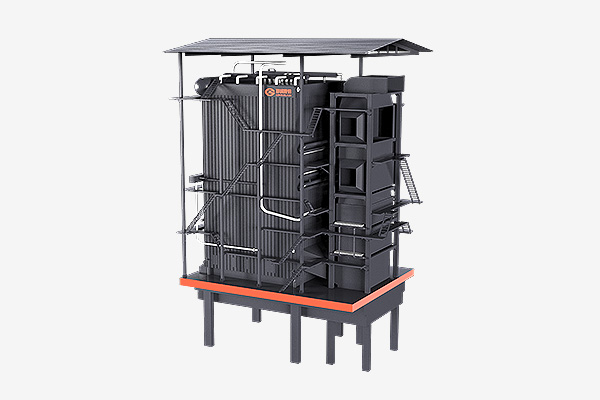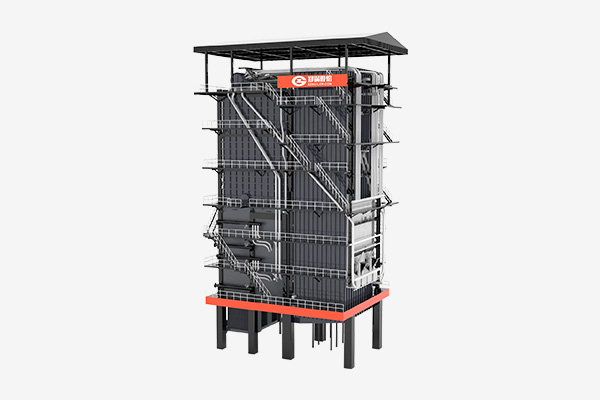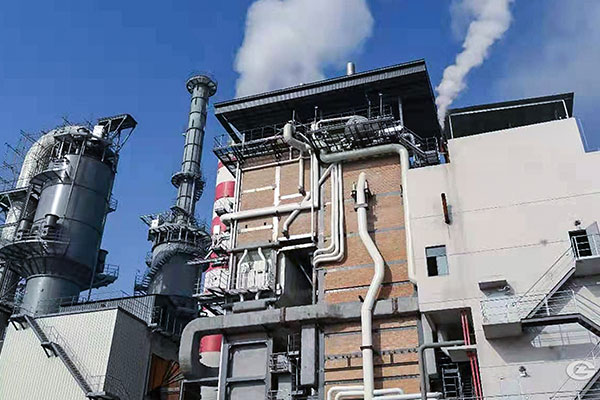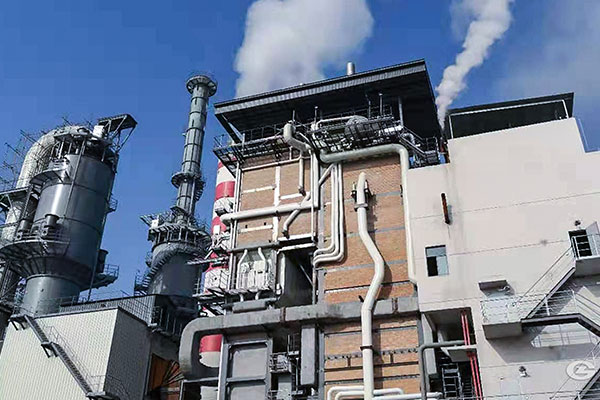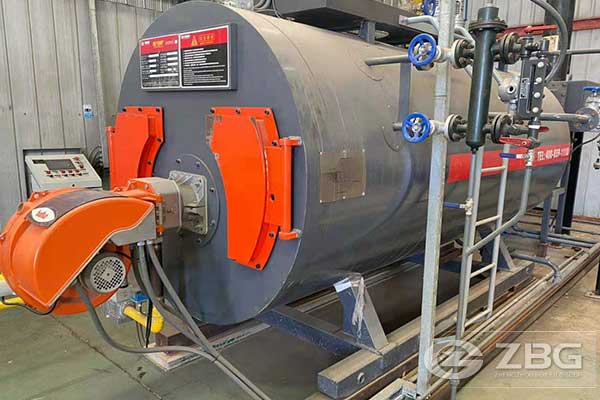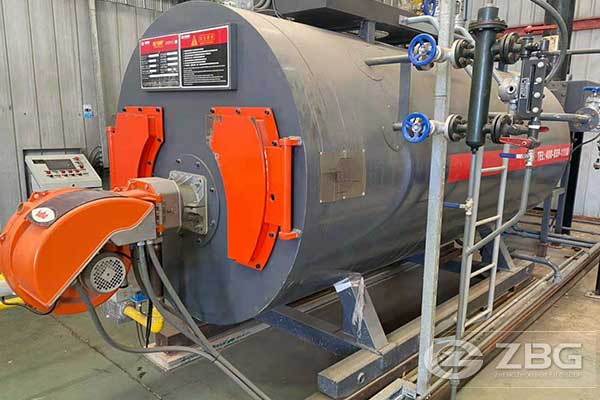Fire Tube Boiler and Water Tube Boiler Comparison
2016-11-09 14:24:00Fire tube boiler and water tube boiler are the main categories of industrial boilers. Each of them has its own advantages and disadvantages. When choosing between a water tube or fire tube boiler, it would be better to consult a professional. ZBG has rich experience and skilled experts and staffs, you are welcomed to contact us to consult which one is best for you!
Definitions of Fire Tube Boiler and Water Tube Boiler 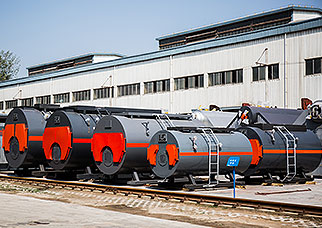
A fire-tube boiler is a type of boiler in which hot gases from a fire pass through one or (many) more tubes running through a sealed container of water. The heat of the gases is transferred through the walls of the tubes by thermal conduction, heating the water and ultimately creating steam. WNS series gas and oil fired boiler is our typical fire tube boiler.
A watertube boiler (also spelled water-tube and water tube) is a type of boiler in which water circulates in tubes heated externally by the fire. Fuel is burned inside the furnace, creating hot gas which heats water in the steam-generating tubes. In smaller boilers, additional generating tubes are separate in the furnace, while larger utility boilers rely on the water-filled tubes that make up the walls of the furnace to generate steam. Most of the industrial boilers in today’s market are designed as water tube type, for example, our SZL chain grate boiler, SZS gas and oil boiler, CFB boiler, and waste heat boiler.
Comparing the Water Tube Boiler and Fire Tube Boiler

The water tube boiler can also handle higher pressure in applications that require more than 350 psi, unlike the fire tube boiler, which has greater pressure limitations.
The physical size of a water tube boiler unit can often be a deciding factor when choosing between a water tube or fire tube boiler, because these types of commercial boilers are typically smaller.
Water tube boilers have better efficiency ratings and generally drive lower fuel costs. They do cost more up front, however, and cleaning the unit can be difficult because of its design.
Fire tube boilers, on the other hand, are relatively less expensive, smaller in size and easier to clean though they have pressure limitations.
For all inquiries, please fill in the form below (* are required) to send us a brief message, and we will get back to you as soon as possible.
